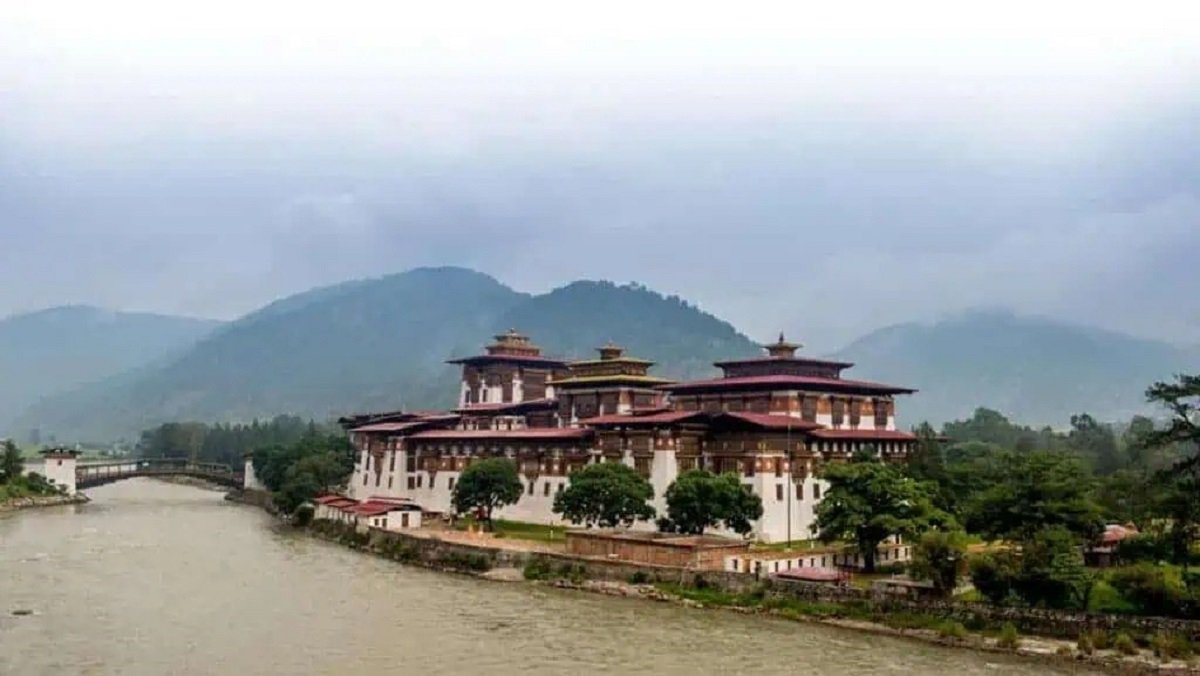ESP, a Bhutanese economic stimulus program, has shown early achievements in stimulating economic activity, fostering new enterprises, creating job opportunities, enhancing agricultural self-sufficiency, and promoting Bhutanese culture and tourism. Lyonpo reports financial injection supports new agriculture and livestock ventures, cottage industries, and medium industries. ESP programme engages 10,900 youths, creates jobs, and enhances food security through price guarantee schemes. The ESP programme has significantly improved pork and chicken production, staple crop production, and domestic supply chains, while also supporting cultural promotion and tourism revival in Bhutan.
The ESP Technical Committee and Secretariat are conducting an M&E tool to assess the program’s effectiveness, ensuring long-term sustainability and a clear business model. The finance ministry has streamlined the use of ESP funds, requiring agencies to submit quarterly progress reports, ensuring efficient use and sustainable development, and preventing overspending on non-sustainable initiatives. The Indian government has released Nu 7.5 billion for ESP in three tranches, ensuring the programme’s intended impact and preventing misuse of funds.

